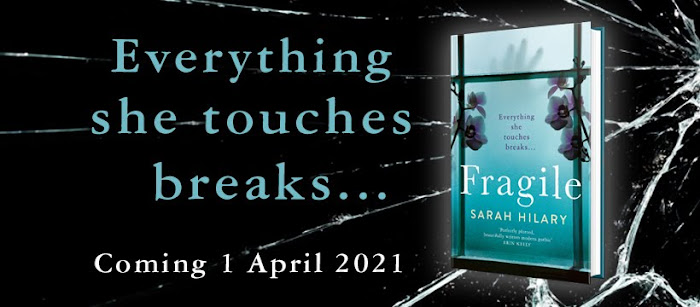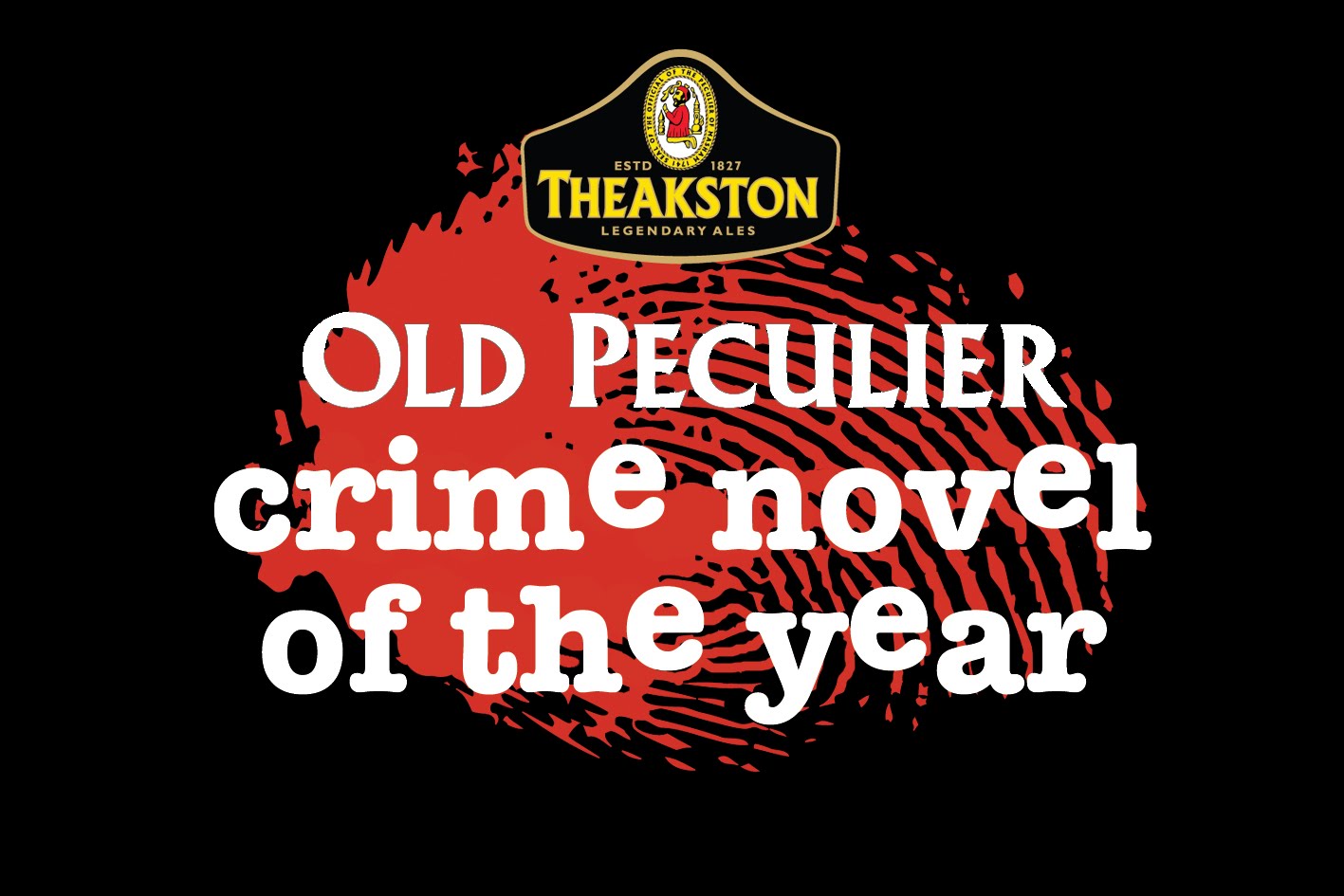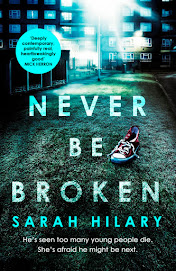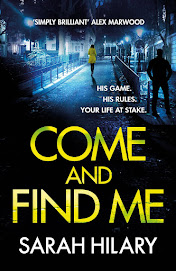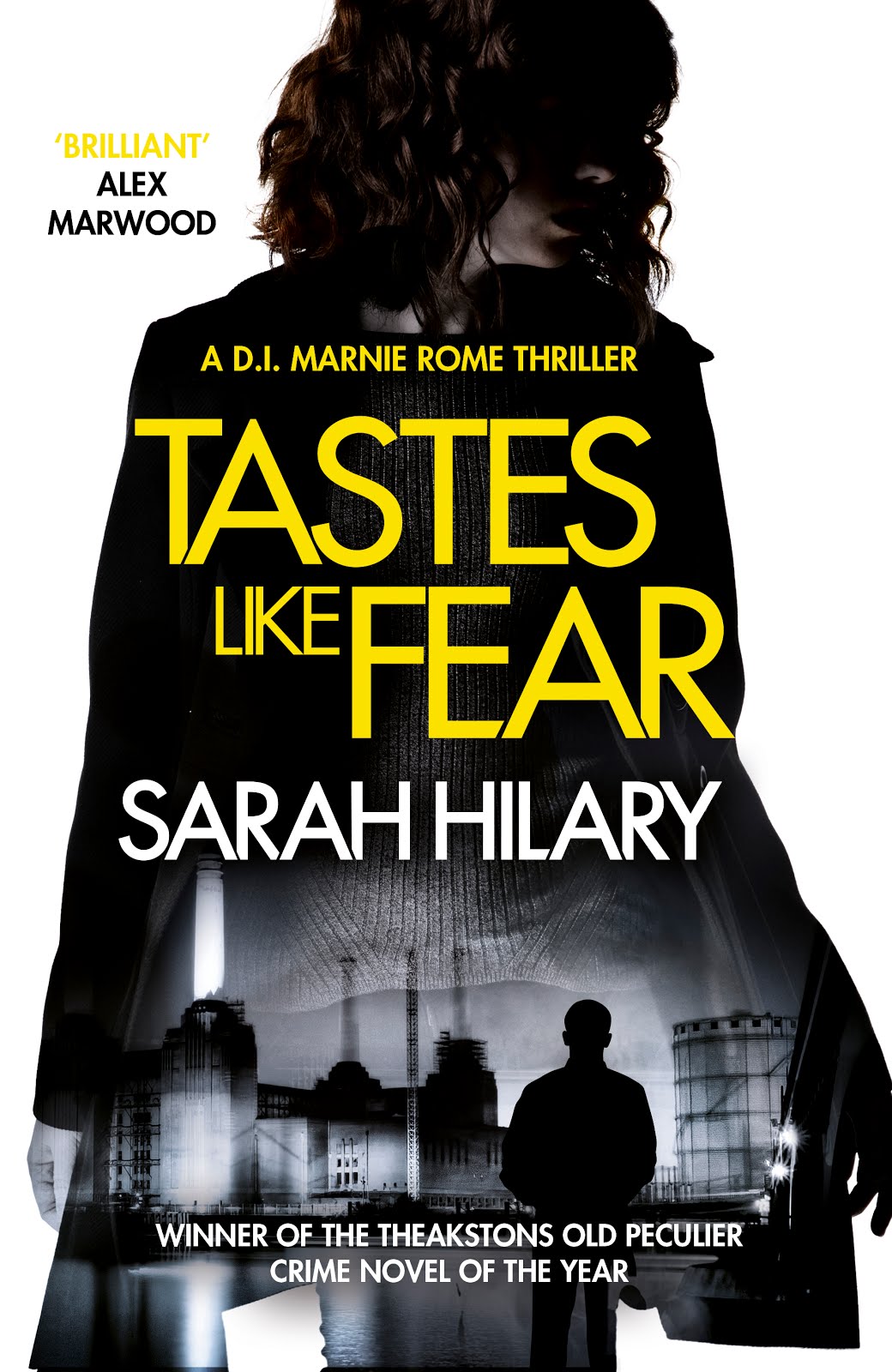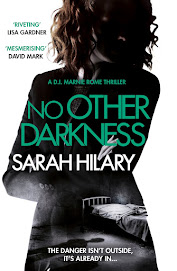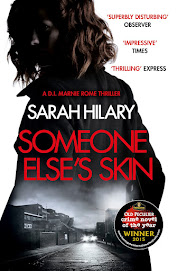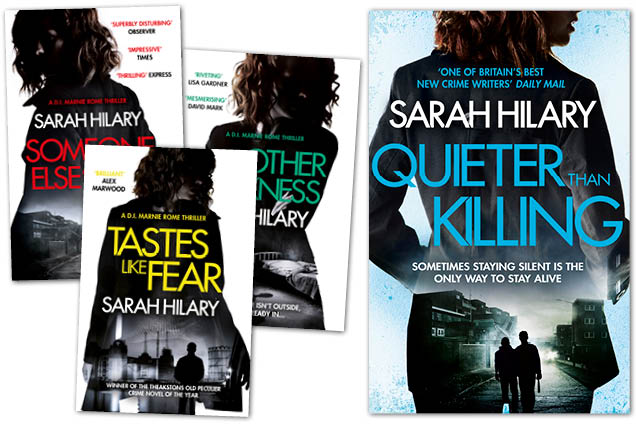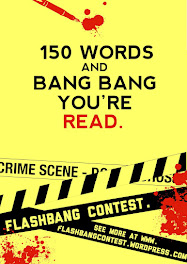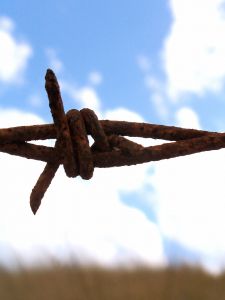Thursday 30 July 2009
Strictly Writing
I am the guest blogger at Strictly Writing today, with a piece about discovering family history and writing in extremis. Please do pop along and read, and comment if the mood takes you.
Monday 27 July 2009
Have you ever..?
 I'm about to go away for a few days - offline - and have raided the local library for reading matter to keep me occupied as the weatherman warns it's going to pish down. I've already started Run by Ann Patchett, and I'm loving it. Then I have The Almost Moon by Alice Sebold, and Salt River by James Sallis. Plus, to re-read, The Talented Mr Ripley by Patricia Highsmith, whose earlier novel, Carol, I gave up on after part one. I hate to give up on a book but I found the characters so uninteresting and the whole enterprise indulgent, especially when compared to the terrific discipline she demonstrates (and inspires) via Ripley. So - what are you all reading? And have you given up on a book recently (or ever) and if so which one and why? I'd love to know.
I'm about to go away for a few days - offline - and have raided the local library for reading matter to keep me occupied as the weatherman warns it's going to pish down. I've already started Run by Ann Patchett, and I'm loving it. Then I have The Almost Moon by Alice Sebold, and Salt River by James Sallis. Plus, to re-read, The Talented Mr Ripley by Patricia Highsmith, whose earlier novel, Carol, I gave up on after part one. I hate to give up on a book but I found the characters so uninteresting and the whole enterprise indulgent, especially when compared to the terrific discipline she demonstrates (and inspires) via Ripley. So - what are you all reading? And have you given up on a book recently (or ever) and if so which one and why? I'd love to know.
Tuesday 21 July 2009
The Best of Every Day Fiction 2009
 It's that time again when the lovely people at EDF start thinking about publishing the Best of Every Day Fiction, for the 12 months from September 2008 to August 2009. I have several stories that might be eligible for inclusion, depending on the editors' preferences and the strength of feeling from readers, which mostly means the stories have to be nominated for inclusion. I'd love your votes, if you have the time and inclination. Below are links to the stories eligible for inclusion in the Anthology on the basis of when they were published in EDF. Thanks for your support!
It's that time again when the lovely people at EDF start thinking about publishing the Best of Every Day Fiction, for the 12 months from September 2008 to August 2009. I have several stories that might be eligible for inclusion, depending on the editors' preferences and the strength of feeling from readers, which mostly means the stories have to be nominated for inclusion. I'd love your votes, if you have the time and inclination. Below are links to the stories eligible for inclusion in the Anthology on the basis of when they were published in EDF. Thanks for your support!The View from Olympus
Kanti chooses Santa
Tuesdays and Thursdays
Revenge of the River Gods
And here is the link to the page where you can nominate one or more of the above for inclusion in the Anthology. If you do happen to read the stories I've linked to, and you like them, please rate them in the stars that appear immediately under the stories (hover the mouse pointer over the star of your choice, e.g. five stars if you love it, one if you don't) and click.
NB: There are many great stories to choose from by writers like Gay Degani and Anne Brooke, among others. I've nominated a couple of my favourites and will continue to trawl the archives at EDF for other stories I'd like to see in the new Anthology. It was a genuine privilege to be part of the first EDF collection, which was beautifully published in both hard and paperback
Monday 20 July 2009
Death, the Pill and putting grief aside
It's a little over nine years since my father died of Motor Neurone Disease. He was 60. The diagnosis had come a year earlier. It started with a lack of strength in his left leg when he walked my grandmother's dog. Then he began to experience muscle weakness in his left arm and in his hands. For a long time before this happened, he had suffered from mental vagueness, a tendency to smile at all and sundry in lieu of engaging with them. His father had died of dementia. In my father's case, the MND expert was emphatic: you cannot have MND and dementia; MND does not effect the mental capacity of the brain. My father's increased vagueness during his illness began to seem like an undignified surrender to the disease. Why was he not railing against his fate? Or seeking ways to surmount it, or at least confront it? Why did everything seem to provoke this same sad smile of acceptance? I don't know. Except that I suspect he was suffering from dementia, either aggravated by or in partnership with the MND. Had the expert admitted to that as a possibility, it would have spared us all an extra quota of frustration. In any case, he died within a year of the diagnosis.
Despite his vagueness, he was an enthusiast who could speak for hours and knowledgably of Tudor history, cricket, Top of the Pops circa 1973. He held strong views on subjects others might dismiss as trivia. He had an opinion, often heated, on just about everything. He was, incredibly perhaps, an optimist.
I was two months pregnant when he died, and hadn't told him in case it upset him to think he wouldn't live to see a new grandchild. I was numb with new hormones. Three months later, my surrogate uncle died. It was expected, as he'd suffered a stroke and a bad fall some time before the stroke that killed him.
Then, when I was seven months pregnant, my grandmother died very suddenly. I didn't take the news well. Left to my own devices I would've gone into full grieving mode. I did in fact lie on a stone floor and wail at the ceiling. Which scared everyone, myself included. But I was about to have my first child; I couldn't have a meltdown. I put the grief to one side.
Now, nearly nine years later, it is still coming out. A little at a time. Some days I don't think about it at all. Other days I can hardly function because of it. Added to which, since giving birth, I have been prey to what I am told are 'perfectly normal hormones' which would be fine had I, for instance, ever experienced PMT before the birth of my child. As it was I glided through puberty on the wing'd feet of The Pill, which suppressed I suspect all sorts of chemicals with which my body now delights in tormenting me once a month and often more frequently (well, it's making up for lost time).
I have done some things I am not proud of in the last nine years. I have avoided thinking about the three deaths that came so quickly one after the other. I have avoided grieving. I have given in to rage against nothing and no one in particular, without seeking a proper cause for it. I have hurt some of the people I love, and others whom I hardly know.
On the other hand, I have raised a happy child. I have made my mother's welfare a priority. I have survived, which in itself seems a minor miracle when I try for a proper perspective on that period of time when I was so far from myself that it's extraordinary I never called out for help, in panic if nothing else.
In conclusion, I am a work in progress. I have no salient lessons to offer, expect perhaps to say that if you have grieving to do - do it. Give yourself space, even just a little at a time, five minutes every other day. Happy memories; it doesn't have to be Grief with a capital G. Give thanks for what you had, and for what you have. Get help if you need it, and be patient with yourself and others.
Tweet
Despite his vagueness, he was an enthusiast who could speak for hours and knowledgably of Tudor history, cricket, Top of the Pops circa 1973. He held strong views on subjects others might dismiss as trivia. He had an opinion, often heated, on just about everything. He was, incredibly perhaps, an optimist.
I was two months pregnant when he died, and hadn't told him in case it upset him to think he wouldn't live to see a new grandchild. I was numb with new hormones. Three months later, my surrogate uncle died. It was expected, as he'd suffered a stroke and a bad fall some time before the stroke that killed him.
Then, when I was seven months pregnant, my grandmother died very suddenly. I didn't take the news well. Left to my own devices I would've gone into full grieving mode. I did in fact lie on a stone floor and wail at the ceiling. Which scared everyone, myself included. But I was about to have my first child; I couldn't have a meltdown. I put the grief to one side.
Now, nearly nine years later, it is still coming out. A little at a time. Some days I don't think about it at all. Other days I can hardly function because of it. Added to which, since giving birth, I have been prey to what I am told are 'perfectly normal hormones' which would be fine had I, for instance, ever experienced PMT before the birth of my child. As it was I glided through puberty on the wing'd feet of The Pill, which suppressed I suspect all sorts of chemicals with which my body now delights in tormenting me once a month and often more frequently (well, it's making up for lost time).
I have done some things I am not proud of in the last nine years. I have avoided thinking about the three deaths that came so quickly one after the other. I have avoided grieving. I have given in to rage against nothing and no one in particular, without seeking a proper cause for it. I have hurt some of the people I love, and others whom I hardly know.
On the other hand, I have raised a happy child. I have made my mother's welfare a priority. I have survived, which in itself seems a minor miracle when I try for a proper perspective on that period of time when I was so far from myself that it's extraordinary I never called out for help, in panic if nothing else.
In conclusion, I am a work in progress. I have no salient lessons to offer, expect perhaps to say that if you have grieving to do - do it. Give yourself space, even just a little at a time, five minutes every other day. Happy memories; it doesn't have to be Grief with a capital G. Give thanks for what you had, and for what you have. Get help if you need it, and be patient with yourself and others.
Tweet
Friday 17 July 2009
Originality in writing
 There are some excellent discussions going on today around the subject of plagiarism, what it is, what it isn't and how to avoid it. Rather than attempting to replicate, I will point you to a selection of the best, beginning with How Publishing Works, which links to other blogs including Sally Quilford's thought-provoking piece at Quiller's Place which discusses, among other themes, how fanfiction fits into the debate. This is a topic close to my heart (I once wrote a published letter to Mslexia about it) and it was great to see Sally tackle it so sanely. Try accusing Susan Hill or Jean Rhys of plagiarism, and see how far it gets you. I'd like to raise a glass to the best fanfiction writers out there - you make my life better and brighter, so cheers!
There are some excellent discussions going on today around the subject of plagiarism, what it is, what it isn't and how to avoid it. Rather than attempting to replicate, I will point you to a selection of the best, beginning with How Publishing Works, which links to other blogs including Sally Quilford's thought-provoking piece at Quiller's Place which discusses, among other themes, how fanfiction fits into the debate. This is a topic close to my heart (I once wrote a published letter to Mslexia about it) and it was great to see Sally tackle it so sanely. Try accusing Susan Hill or Jean Rhys of plagiarism, and see how far it gets you. I'd like to raise a glass to the best fanfiction writers out there - you make my life better and brighter, so cheers!Now I'd like to talk a bit about originality, because it's one of the things that impresses the socks off me as a reader and a writer. I've been an avid reader since I was six and have read a fair few books in my time. This makes me sympathetic, to an extent, with theories that there are only ten plots in the world (or is it five, or three?) but nothing beats the buzz of discovering stories which feel brand new, stories that come at you from the angle you least suspect and stay for a long long time. I'm not talking about the weird and wacky so much, although I am partial to the imaginings of Jennifer Pelland, whose collection I read for The Short Review. I'm talking about stories whose plots may be as old as the hills but the telling of which is fresh and vivid and generous in the way that the best writing can be generous - a gift to the reader. And a gift to the writer.
Wait, am I straying back towards that plagiarism discussion? What about the rule that says you mustn't read other people's stories when you're writing your own, in case you inadvertantly allow it to influence what you're writing? I hate that rule. It's daft, and insulting to a writer's intelligence, as if we're wayward children incapable of admiring a toy without breaking it, or as if we're unable to retain two or more strands of information in our heads at any one time. If we're good at anything, as writers, it's working with threads - holding each one separate from the other as we weave a story together. If I read something original and I love it, it inspires me. Sometimes, yes, it daunts me. My imagination can feel fallow or inadequate besides these giants of ideas. But the overriding impact is one of renewed enthusiasm for my craft. I wouldn't stop reading for anything, least of all while I'm writing when I need that enthusiasm the most.
So here's to the giants of ideas, the writers who have inspired me most recently and those who've taken up residence in my head (and my heart). Just a shortlist for now, although I may add to it over time:
Words from a Glass Bubble by Vanessa Gebbie
The White Road by Tania Hershman
Some New Ambush by Carys Davies
The Man who was Thursday and The Napoleon of Notting Hill by G K Chesterton
The Complete Saki by Saki
Uncle Fred by P G Wodehouse
Life-Size by Jenefer Shute
Oh and most of Grace Paley, Muriel Spark and Helen Dunmore. Some of Ivy Compton-Burnett, Mervyn Peake, Nabakov and Nancy Mitford.
Tweet
Wednesday 8 July 2009
LITnIMAGE
 My flash, A Shanty for Sawdust and Cotton, is online now at LITnIMAGE. My debut in this venue, and Roland (editor) has been so enthusiastic throughout the process, telling me today that several of his friends have said they love the story. I'm so glad I wrote this (inspired by my new city) and subbed it to LITnIMAGE.
My flash, A Shanty for Sawdust and Cotton, is online now at LITnIMAGE. My debut in this venue, and Roland (editor) has been so enthusiastic throughout the process, telling me today that several of his friends have said they love the story. I'm so glad I wrote this (inspired by my new city) and subbed it to LITnIMAGE.
Tuesday 7 July 2009
Reasons to be Cheerful
 1. Good Things happening to Great People: Tania Hershman won the Grand Prize at the Binnacle Contest - huge congratulations, Tania! Editor's Choice went to Vanessa Gebbie, and honourable mentions to Nik Perring and Anne Brooke, among others.
1. Good Things happening to Great People: Tania Hershman won the Grand Prize at the Binnacle Contest - huge congratulations, Tania! Editor's Choice went to Vanessa Gebbie, and honourable mentions to Nik Perring and Anne Brooke, among others. 2. The Weather breaking to Rain: this makes me very happy. It meant we were able to extend our riverside walk to two hours on Friday evening, with a pit-stop for bread and olives (and a chocolate mousse for the child) in a lovely riverside venue.
3. Things for Free in our New City: two very different but equally splendid houses to visit, right on our doorstep, giving us a genuine idea of how our 1760 place would have looked in its day. Then, walking home and finding the child hungry, popping into the riverside venue and being handed a huge loaf of ciabatta 'on the house', as they were about to close for the day. As the child put it: "A whole ARMFUL of free bread!"
4. Shutters and wallpaper: the bedrooms in our place still have the original shutters with iron bars, which is wonderful enough, but even better are the variegated layers of peeling wallpaper in the recessed portions of the wall where the shutters fold when open. There are at least four different layers of paper, floral, colourful, very old. I must write a story about the four generations that chose the papers and hung them here.
5. Reading: Patricia Highsmith's Ripley Under Water. Dry as tinder is Tom Ripley, and Highsmith's prose to match. Of course this makes it all the more explosive when it Goes Up. I'm still trying to work out how such very dry writing can grip the reader so thoroughly. Really, it's not the sort of writing I enjoy, at all. But I keep reading her books, for the craft as much as anything.
6. Writing: It's coming, slowly. I have a handful of flashes coming out over the next few weeks, at venues including Wigleaf, LITnIMAGE, Word Riot and Big Pulp. Oh and a guest blog over at Strictly Writing at the end of the month. Best of all, I'm working on the new novel, at last.
Thursday 2 July 2009
A Shanty for Sawdust and Cotton
 I'm celebrating! I wrote my first piece of new fiction since moving home, the writing of which was a milestone in itself (and the story was inspired by my new location, which makes it important in a different sense).
I'm celebrating! I wrote my first piece of new fiction since moving home, the writing of which was a milestone in itself (and the story was inspired by my new location, which makes it important in a different sense).I subbed the story to the editor at LITnIMAGE, who'd read and rejected (quickly, positively) a handful of my other flashes just recently. This being something brand new, I thought I would try it out and it was accepted just a day after I wrote it: 'We think your story is a wonderful addition to our upcoming issue and are very pleased for the opportunity to showcase your work... It's a beautiful and moving piece.'
I'd like to nominate the editor, Roland Goity, for one of Vanessa Gebbie's Best Editor Awards. His response time was super-fast and his comments unfailingly civil and encouraging. He took the trouble to suggest some small changes to my work but made it clear I had the right to accept or decline these as I saw fit. Best of all, he didn't mind me sending fresh flashes by return email for his consideration. Thank you, Roland, you made my morning with the acceptance of A Shanty for Sawdust and Cotton.
Wednesday 1 July 2009
Yellow Mama
My flash about Kate Webster, the last woman hanged at Wandsworth, is published in the latest issue of Yellow Mama. This is one of a handful of historical crime flashes I've written. If you're interested in how (or why) I like writing this sort flash, there's a blog about it here.
Sister Morphine
 I'm reading this book at the moment, by Catherine Eisner, published by Salt. If anyone else has read it, please can you explain why Salt call it a "novel" rather than a collection of short stories? I don't see how it can be a novel, as it consists of individual 'case studies' of women with mental health issues. I have read about a third of the way through so far, and there is no connecting thread between the individual accounts, or none that I can see. I know there is sometimes a stigma associated with selling short story collections (and this is a debut collection), but since Salt is a great champion of the short story, I can't think they would fall into the trap of believing readers would be put off by the tag 'short stories'.
I'm reading this book at the moment, by Catherine Eisner, published by Salt. If anyone else has read it, please can you explain why Salt call it a "novel" rather than a collection of short stories? I don't see how it can be a novel, as it consists of individual 'case studies' of women with mental health issues. I have read about a third of the way through so far, and there is no connecting thread between the individual accounts, or none that I can see. I know there is sometimes a stigma associated with selling short story collections (and this is a debut collection), but since Salt is a great champion of the short story, I can't think they would fall into the trap of believing readers would be put off by the tag 'short stories'.Please don't misunderstand - I'm enjoying what I've read so far (although I do feel some of the stories are over-written and the individual voices don't always shine through). I just don't see it is as a novel, and wonder why Salt do.
Subscribe to:
Posts (Atom)
